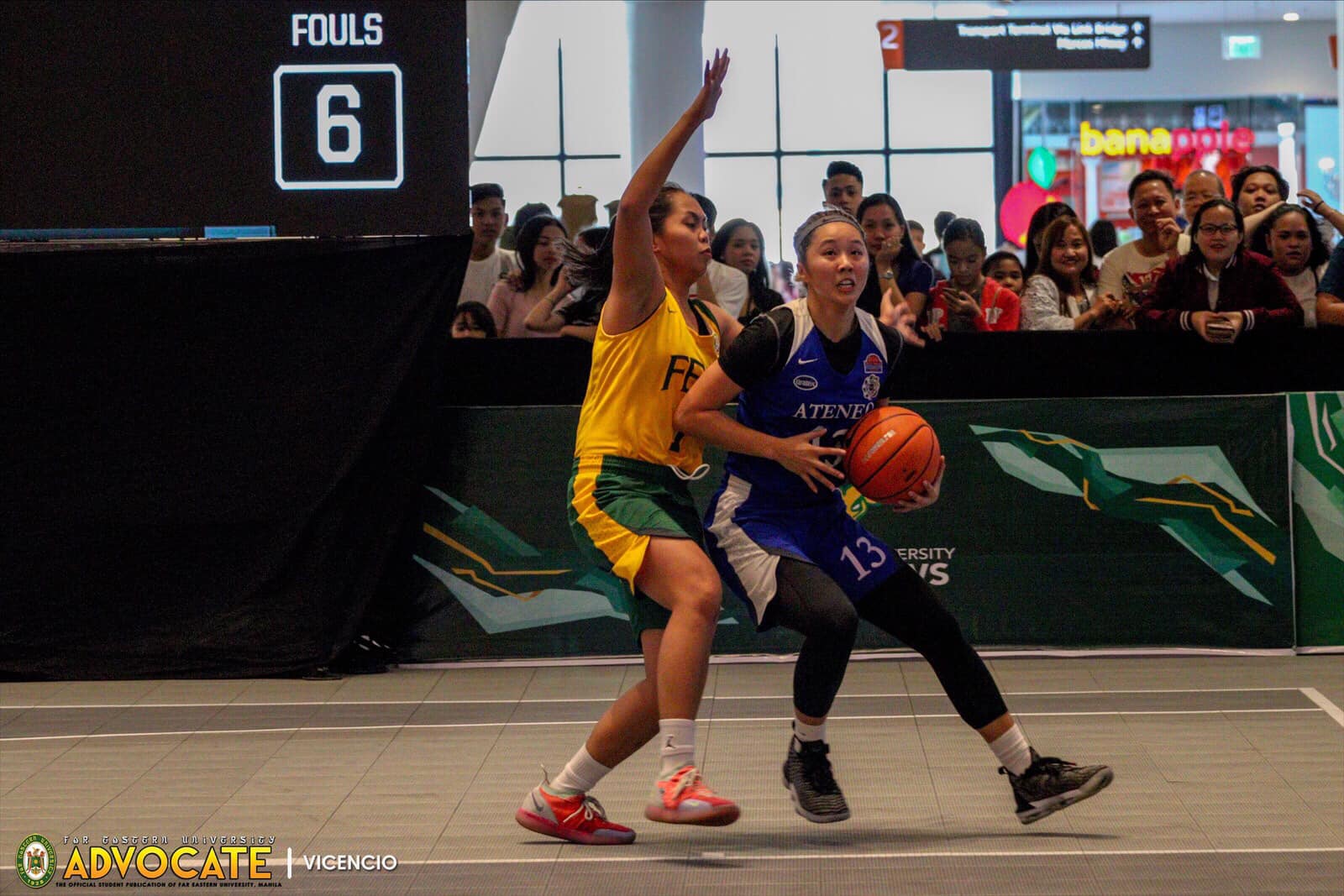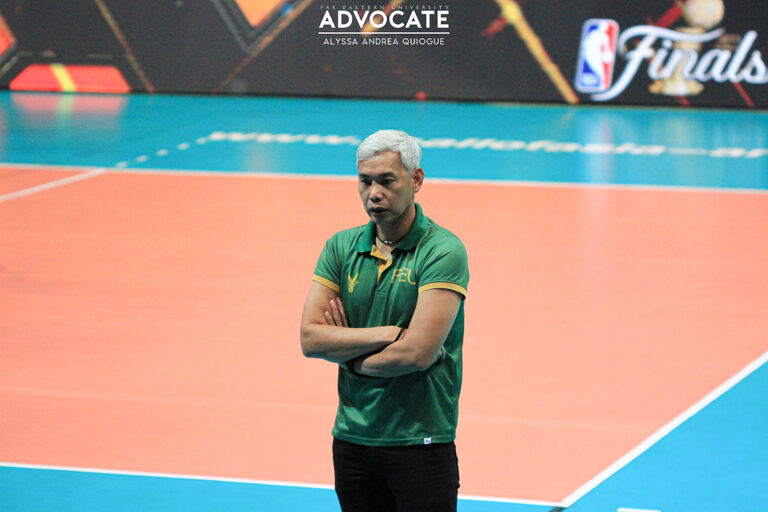
Petallo, Tagaod put out double digits in five-set loss vs Fighting Maroons
- July 31, 2024 19:34
FEU Advocate
May 19, 2025 18:26

The land once sang under the sky of Rancho Malaya; the soil bloomed with promise, the barns were filled with prosperity, and lambs danced between rows of grain. But time, like rust, ate through the roots of ambition. The fences bent and the barn groaned. The wind spoke only of hunger as the stacks of grain withered from negligence.
Don Digoy ruled this farm, not with gentle hands, but with a firm fist. He fed the lambs lies and named them loyalty, while he lavished on the farm's royalty. He painted the barns with slogans, hiding the rotting walls behind red ribbons, and whispered, “Trust me, I hear all of your concerns.” But he never listened. He never fixed the decaying logs of the farm and never fed the lambs with just and fresh grains. In a flash, he vanished when the granaries dried and the barn in ruin, taking with him all the seeds that were meant to grow.
After some time, two figures came when silence ruled, to take control of the dilapidated farm. One bore a crook used to lead, the other a cleaver held by a stubborn hand.
Liling, the shepherd, came with cracked hands and calloused hope. She walked like someone who remembered the golden days of the farm when it thrived as bright as the sun; someone who mourned at the current state of the land. She offered no illusions, only work, patience, and duty to repair. “This land can heal,” she said, “but we must bleed before it blossoms.” She spoke of seeds, of roots, of time's slow mending. The lambs turned away, seeing slow progress as no progress.
On the other hand, Mando, the butcher, arrived in gold wheels and red cloth, trailing promises like perfume. “Why bleed and suffer?” he asked, feeding the lambs grains from unseen sacks. “Why rebuild when I can provide?” His voice, honeyed and deep, stirred something desperate in the lambs. And desperation is a tender thing.
The lambs chanted the butcher's name, echoing throughout the land. They were warned by the shepherd and the elders, that a full belly today starves tomorrow. But the lambs forgot the taste of rain, forgot the butcher's hands were never empty, only that he fed them.
They crowned him with desperation, mistook his grin for sunrise.
They cheered beneath banners he hung, smiling even as the fences fell away, as the soil stayed barren. He gave them food to feast for the better days ahead; in reality, full mouths could not speak ill about the inaction towards the farm, the price was unseen. One by one, the lambs disappeared, always the loud ones, drowned by the tune of the cleaver's cut. Behind the barn, the air reeked of forgetting, the remaining lambs danced to the sounds of the cleaver, as the cleaver's song is always sweeter before the cut.
The shepherd did not stay. She planted seeds on her path, whispered to the earth, and walked on. She knew that the seeds she planted would outlive the butcher's feast, if they were nurtured. She did not curse the lambs. She knew the ache of choosing comfort over courage. She had done it once herself.
On the horizon, the red sun bled down the hills, trailing the bloodstains on the field.
And a single lamb, standing alone near a broken fence, watched the butcher's cart roll away—one lamb lighter.
The songs still played. But beneath the tune, the land wept, as the land remembered what the flock forgets.
- Josias Je Rellora
(Illustration by Janine Raiza Batua/FEU Advocate)








